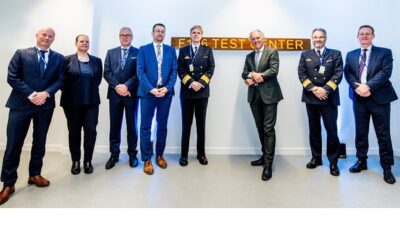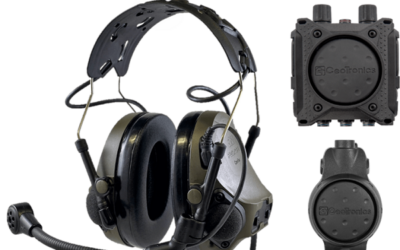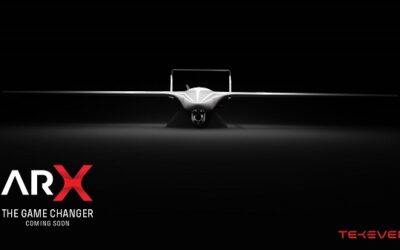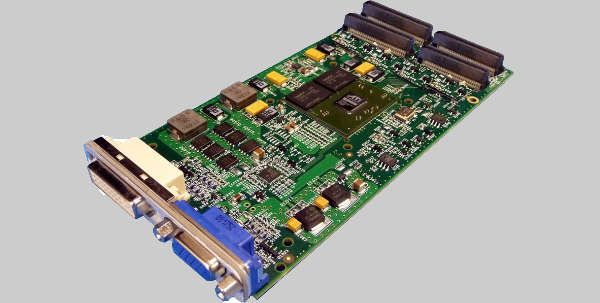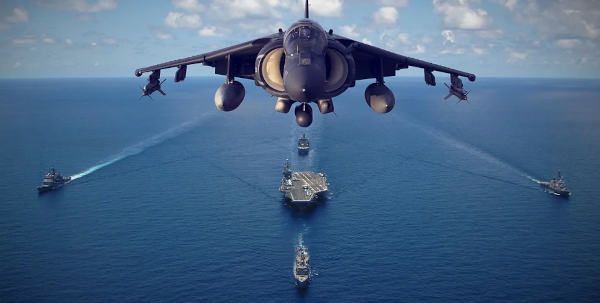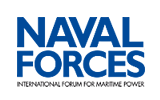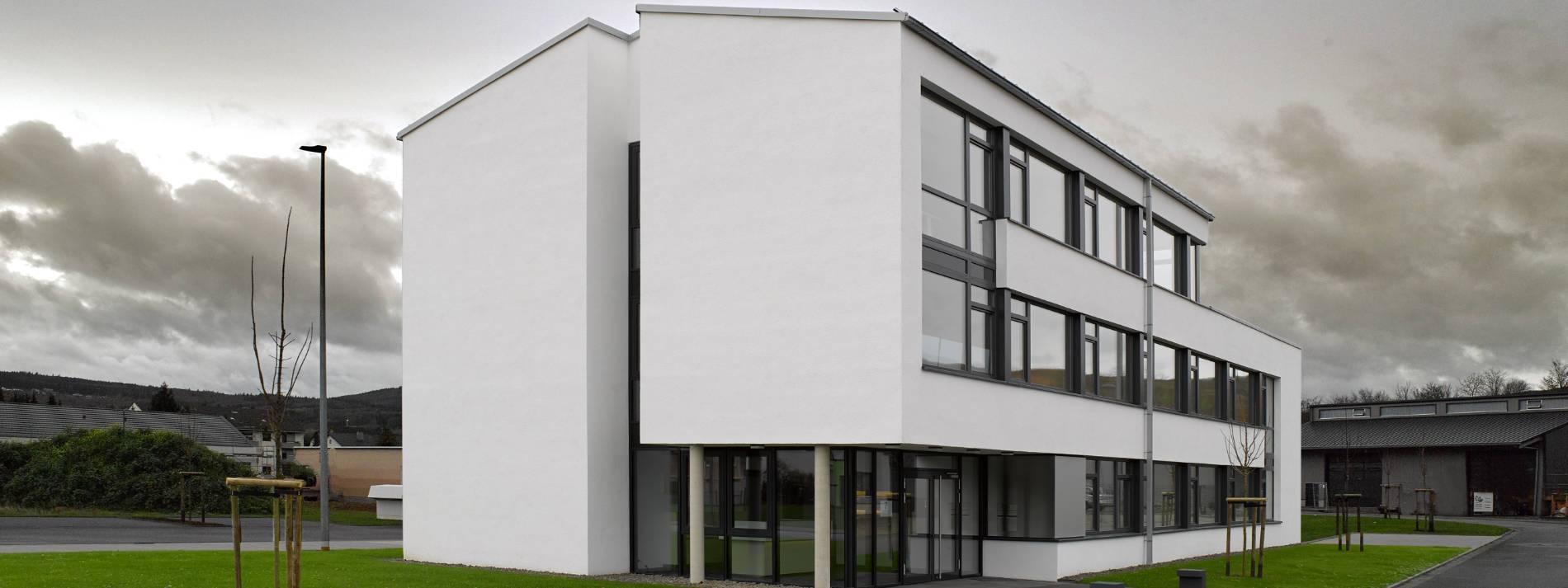US Navy calls for a production run of 72 craft
MONS US Correspondent Marty Kauchak spoke with Bill Kisiah, Textron Systems Marine & Land Systems’ Vice President for Marine Systems this 17 October.
The US Navy’s LCAC 100-class is designed to supplement and eventually replace the legacy LCAC 1-class assigned to the service’s assault craft units.
“We currently have nine craft under contract,” the Textron Systems Marine & Land Systems’ Vice President for Marine Systems, told MONS.
LCAC 100, the lead hull of this fleet, has finished production and was reported to be in test at Textron Systems’ New Orleans East, Louisiana (US) shipbuilding facility. The corporate manager added, “We have lit-off APUs [auxiliary power units], are grooming engines now, preparing to light them off. It is going to be delivered to the Navy at the beginning of this December.”
With respect to follow on craft, LCAC 101 is scheduled to be delivered to the Navy customer this spring. Craft 102-106 are in build, with, “Craft 107 currently starting production,” according to Mr. Kisiah.
The Navy’s programme of record calls for a production run of 72 craft. Textron Systems was bidding the two LCACs in the fiscal year (FY) 2017 budget and three craft in the FY18 budget, as this article was published.
Further, the industry naval construction expert pointed out his company’s New Orleans facility is equipped and staffed to meet expected higher construction rates of “five to eight LCAC 100s per year.”
The LCAC 100 programme major suppliers include Rolls Royce for the engines. While the LCAC 100s’ Rolls Royce engines have a common core for the supplier’s AE 1107 turboshaft engine, “We call our engine the MT7,” Mr. Kisiah said, and added, “The same engines that are on the [Bell Boeing] V-22 are now on the LCAC 100.”
L3 is another major industry partner, providing all C4N equipment. Arconic Defense Inc. (ex-Alcoa Defense) furnishes the crafts’ aluminum. The programme executive emphasised, “The aluminum that we get is a very specialized aluminum that they have been very successful in manufacturing for us.”
While a side-by-side visual comparison of the LCAC 1 and 100 would at first glance initially reveal two somewhat similar craft, there are some not-so-subtle differences. “The first thing is an expected 30-year service life for this new LCAC. Our previous LCAC had a 20-year life cycle. That’s the major thing,” Mr. Kisiah recalled. Enhancements providing the 10-year increased service life include the use of more composites, a simplified drive train, a more reliable electrical system and the 5083-grade aluminum that allows for less corrosion and related problems.
The LCAC 100 will further enhance the US amphibious force’s ship-to-shore capacity with a rated load capacity per craft of 74 short tonnes. LCAC-1s have a 60-short tonne-rated payload.
The service-industry team is relying on strengthening the LCAC 100-class life cycle primarily through lessons learned from the LCAC 1 fleet, as opposed to pursuing cutting-edge welding and related ship construction technologies. “We, for example, are using our own fixtures that we used from our previous build of LCACs – of what we need to ‘hold tight’ for tolerances, and those type of things. All of these things were capital investments that we made based on what we knew from the previous LCAC, and what we thought we had to improve as we build this new ship-to-shore connector. We build the Hull module upside down and then ‘flip it’ for above deck module installation. We have fixtures and foundations in our sideline shops that match the boat’s installation where we build modules prior to installing and aligning them on the boat. The majority of our drive train is installed and aligned prior to installing them on the boat for overall drive train alignment. These were previous lessons learned and now we are making a better LCAC!”
As of this article’s publication, neither the US Navy nor Textron Systems, had LCAC 100-class demonstrations or other events, scheduled for any foreign military service.
Marty Kauchak

